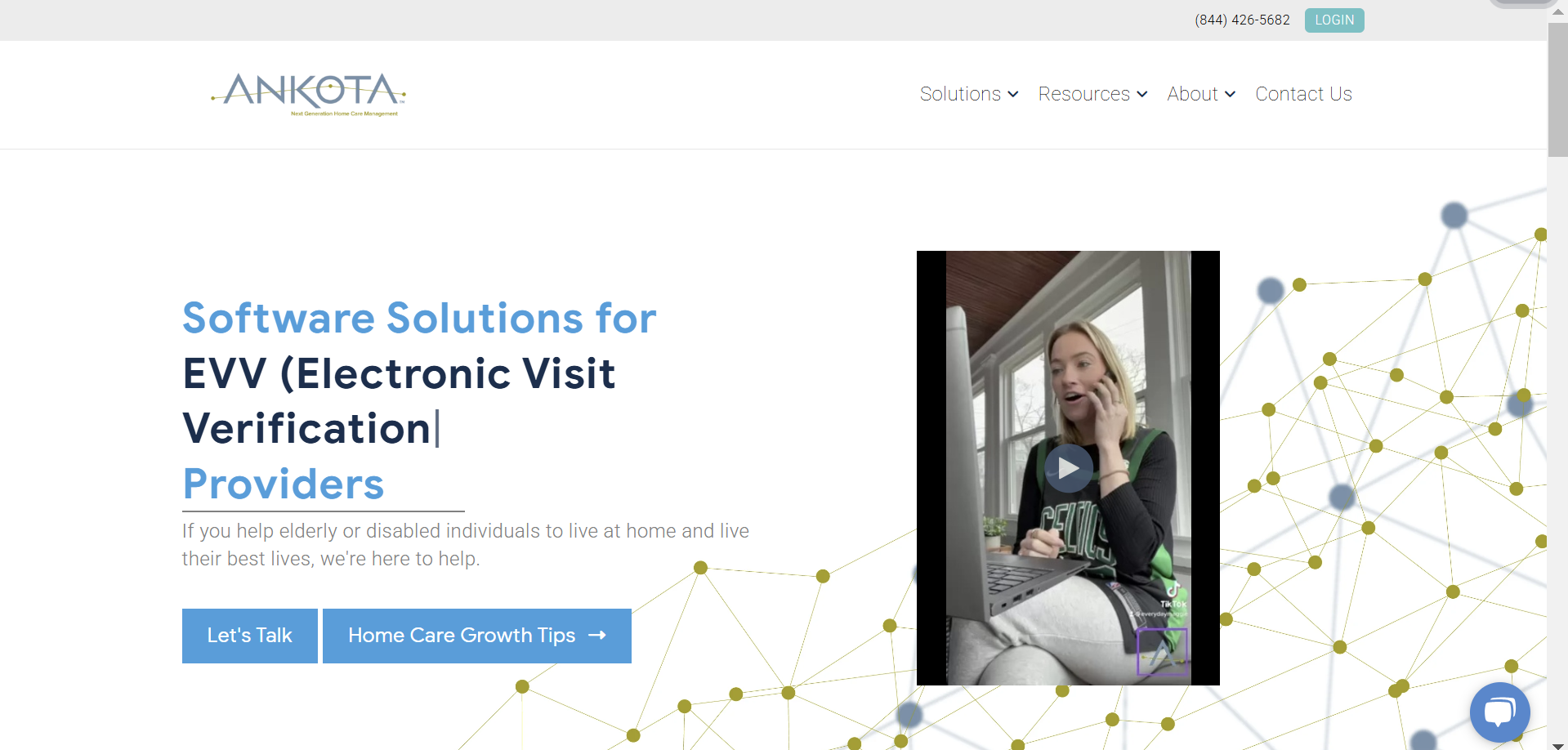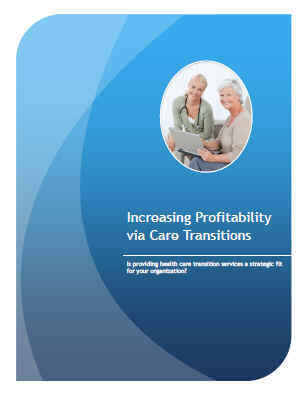N.J. Medical Home Collaboration Pays Off for Patients, Physicians, and Insurer

Hospitals, ACOs, Primary Care practices, Home Health and Therapy agencies, and other post acute providers are sharing evidence that care, well coordinated and delivered proactively, reduces hospitalizations, lower costs and improve patients lives. This recent article pubslished by the Healthcare Financial Management Association (HFMA) documents the Medical Home model led by Horizon Blue Cross Blue Shield of New Jersey (BCBSNJ) that is delivering results today. With 154,00 patients in the program and plans to expand to 200,000+ patients, the BCBSNJ Medical Home Model demonstrates key successes of these programs: Hospitalizations have been reduced 26% and total cost of care reduced by 10%. These types of results are not uncommon in PCMH pilots and suggest that even better results are achievable with scale and Care Coordination technology such as that provided by Ankota.

In the BCBSNJ model, Horizon BCBSNJ provides participating PCMH practices upfront funding to hire Care Coordinators. "Care Coordinator nurses work directly with physicians and office teams to improve the coordination of treatment for patients and help engage and empower patients to take control of their health. Once established, participating PCMH practices have an opportunity to receive additional outcome-based payments provided they meet specified goals for quality care, increased patient satisfaction, and lower costs." Read the full article here.
Readers of Ankota's blog should realize that many large insurers across the country either have pilots under way or are designing Medical Home pilots, based largely on the well documented Patient Centered Medical Home model (PCMH). These early programs engage Primary Care practices, leverage dedicated Care Coordination nurses, and look to rapidly expand to engage many more post acute services into the Patient Centered Medical Home, or PCMH, model. Home Health, Therapy, Infusion nursing agencies and even Non-medical Home Care businesses should engage in projects with payers, hospitals, ACOs and other post acute providers NOW if you aren't already. Don't wait for the model to come to you, get involved now and be aleader in your respective area of service. That will position your business for growth in those programs and others will seek you out for new programs as they emerge.
One of the great challenges that providers and payers all face is exactly how to coordinate services. It's not enough to say, "Let's do it," and simply throwing more bodies at the problem (more nurse care coordinators) has limited benefit and scale. Providers must come together to operate as a single, integrate service model where the parts and the whole are both accountable and rewarded for performance. Payment models can help with this, but technology must enable the model and provide the platform from which to scale. For that, Ankota's PCMH technology is ideally suited. Learn more about Ankota's solutions for PCMH by contacting us using the really cool orange button below.
Related articles:
HealthAffairs.org Horizon’s Patient-Centered Medical Home Program Shows Practices Need Much More Than Payment Changes To Transform
BCBSNJ: Horizon Blue Cross Blue Shield of New Jersey Expands Its Successful Medical Home Program To Benefit More New Jersey Residents
HFMA Article N.J. Medical Home Collaboration Pays Off for Patients, Physicians, and Insurer

.png)
.png)




.png)
.png)


